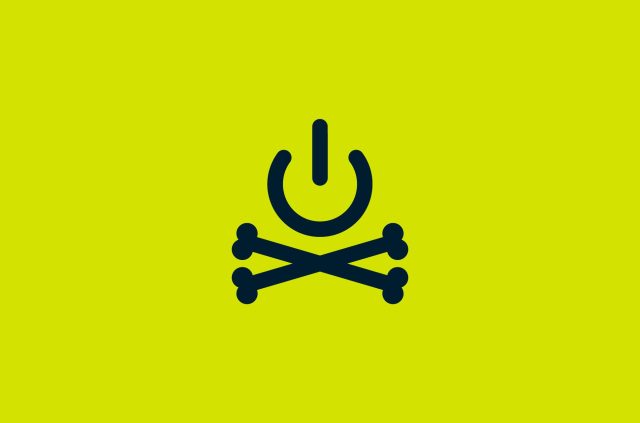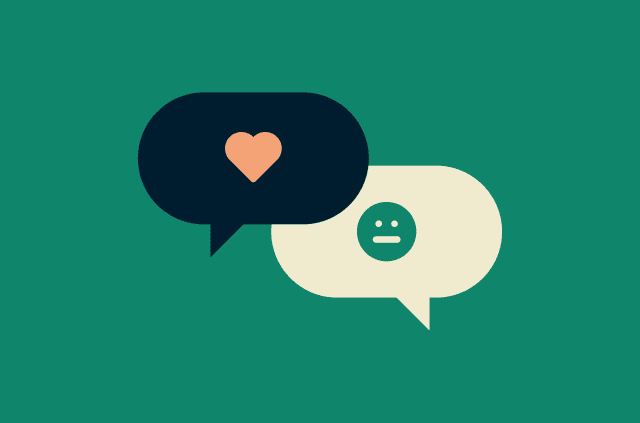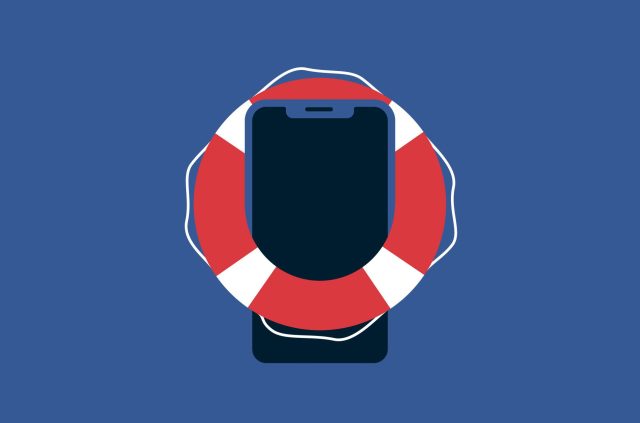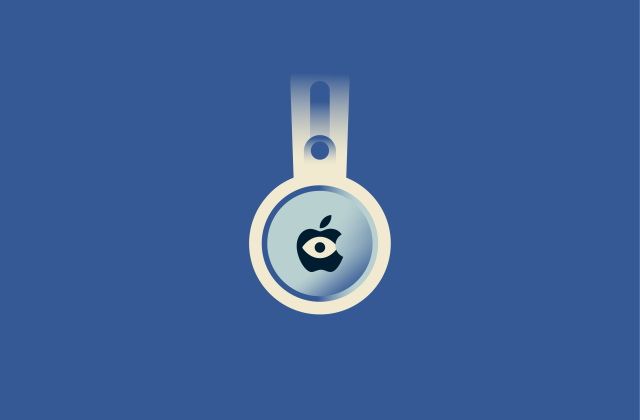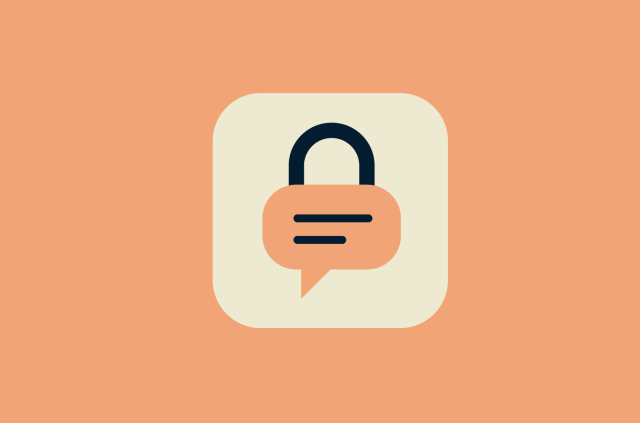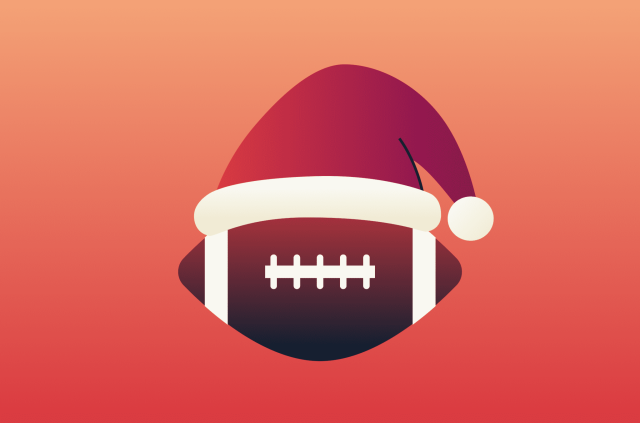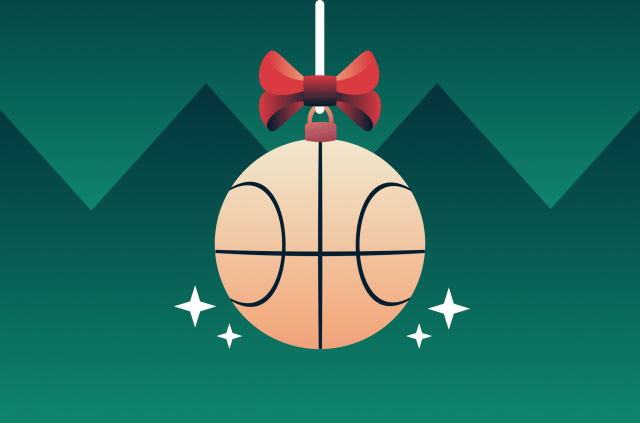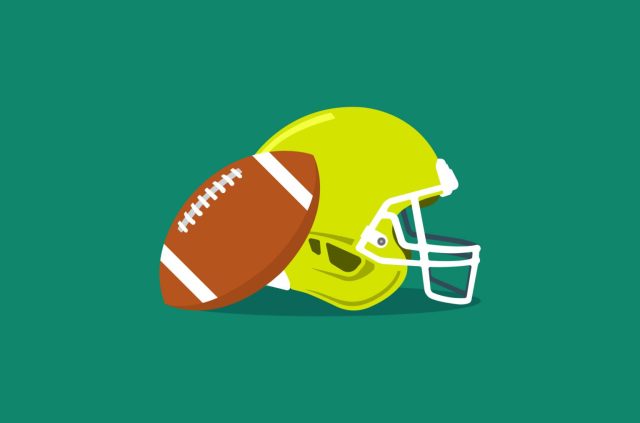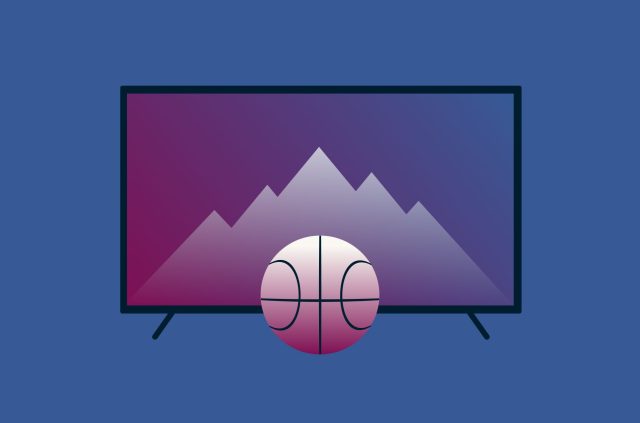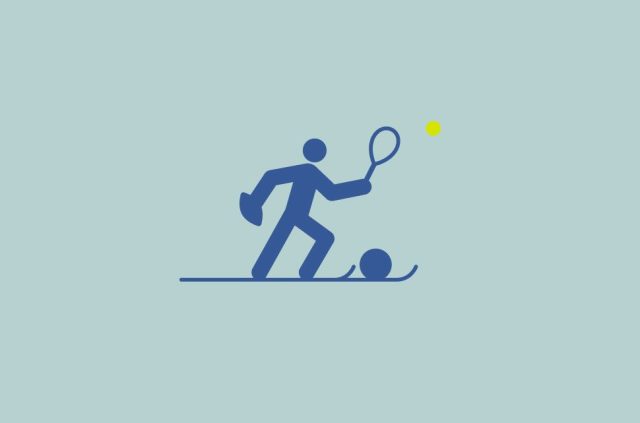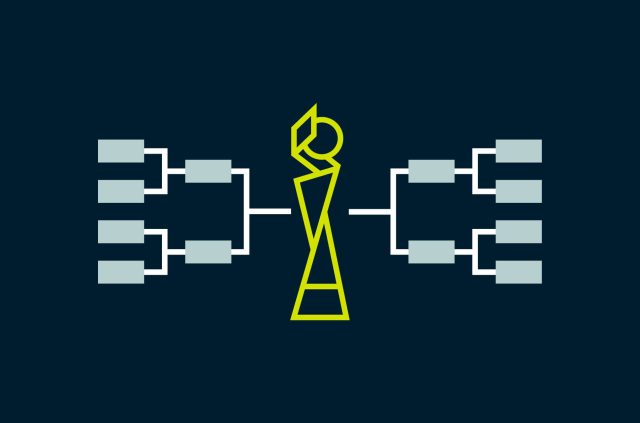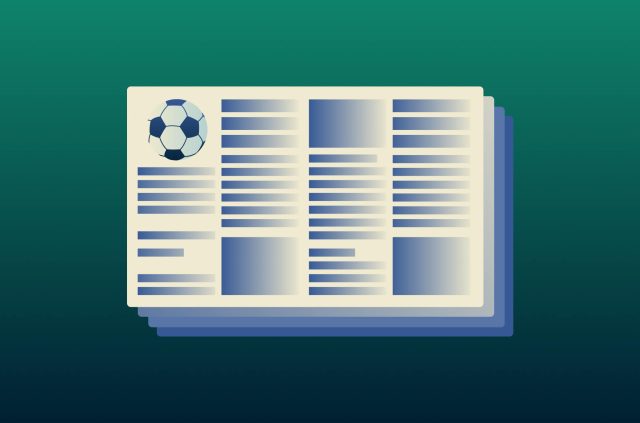7 best gamification apps to level up your life

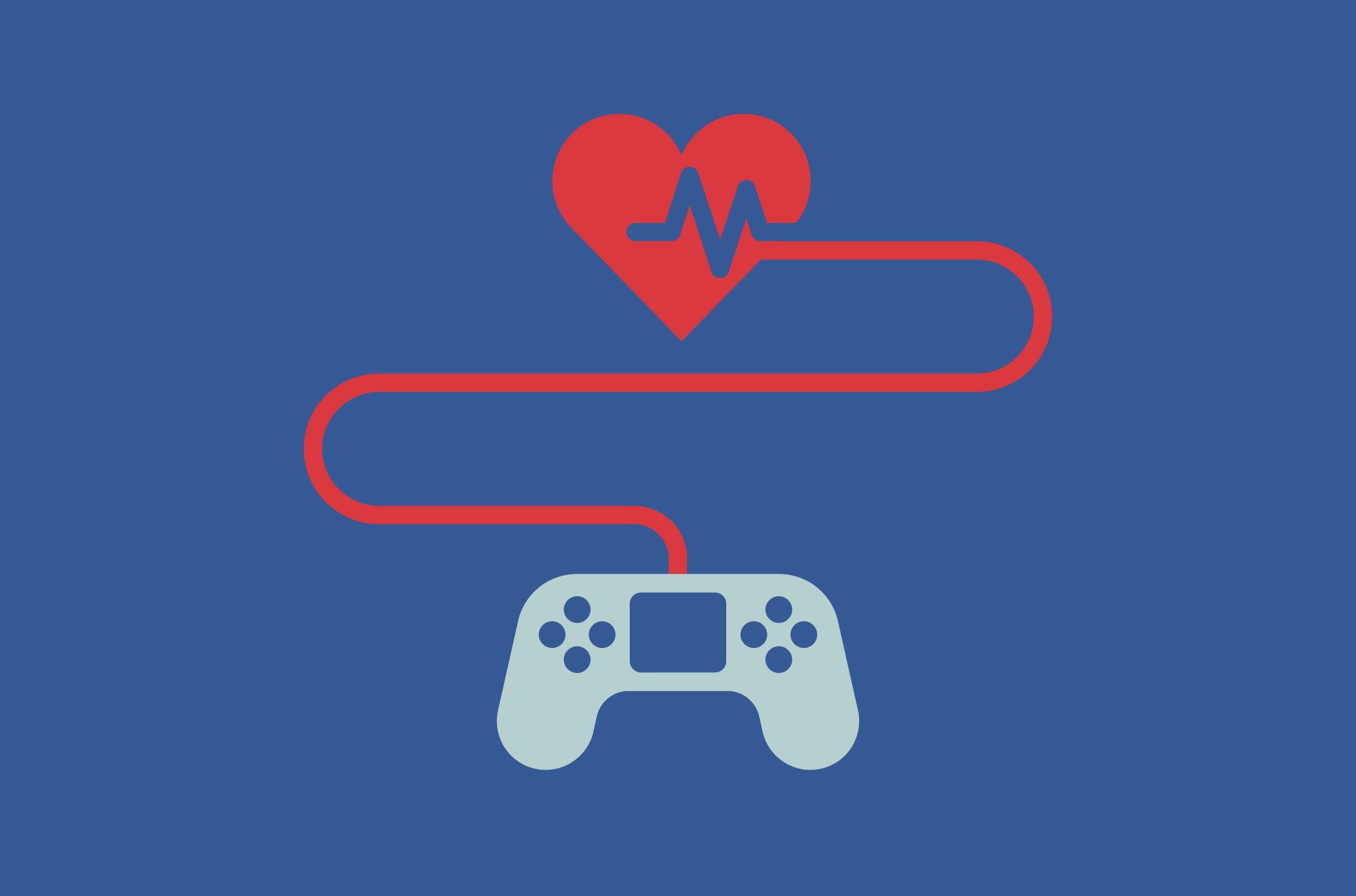
All work and no play makes Jack a dull boy. But you could actually get more done and have more fun by turning daily tasks and long-term goals into a game on your phone. Learn a language, get fitter, and be more productive using gamification apps designed to incentivize your progress using rewards, badges, and bragging rights.
Read more: 10 life-enhancing tech products under $30
What is gamification?
When done right, gamification can help offset the more mundane aspects of chores like watering the plants, going for a run, or learning a language by making them more like a game.
For example, many language learning apps use video game elements such as point scoring and achievement awards like in-game trophies for practicing for seven-days in a row to help motivate you to open the app every day and continue your progress.
The genius of gamification is how it co-ops our brains’ dopamine receptors (the pleasure centers of our brain) into thinking that doing mundane tasks is fun. Every task you complete—taking out the trash every day, buying cat food after work, practicing French—is modeled as an “achievement” in the game, and a little dose of dopamine is released in your brain, reinforcing the good habits you’re building.
Benefits of gamification
If you want to get in shape but are struggling to form the habit of going on regular runs, then it’s game over for your goal. Gamification can help by making the process more fun through measurable achievements that you can track over time and are rewarded for with points, badges, and positive reinforcement (“Congratulations, that’s 10 runs this month!”).
Many gamification apps also have social sharing options, so you can proudly share your progress and achievements, which can help keep you accountable.
The dark side of gamification
Used in the right setting, gamification can be an effective tool. However, the technique might be considered a dark pattern—a method that deceptively manipulates the user to keep using the app.
For example, breaking your 20-day streak of 10,000 steps a day may be a minor failing in the grand scheme, but it can cause stress, albeit a tiny amount, in your life. And enough of this micro-stress can add up on top of your already hectic and stressful daily routine. Meanwhile, the “gentle nudge” of notifications from your language-learning app to practice your French for the day might be disrupting periods of concentration at work.
The darker side of gamification is also tied up encouraging too much screen time and abusing the addictive nature of that dopamine hit, which all manner of apps certainly make use of to draw us back in time and time again.
Read more: 7 ways to reduce or limit your screen time
Best apps to gamify your life
These apps are some of the best examples of how gamification can help you accomplish goals while having some fun. (We’re not affiliated with these apps. We just love sharing interesting tech services!)
Habitica
Cost: Free
Devices: iOS, Android
Perfect for: Gamers who are adulting
Gamify your daily to-do list by turning it into an epic quest with Habitica. The app has won over legions of fans (4 million users and counting) with its retro pixelated graphics and its easy-to-use interface that mimics classic multiplayer role-playing games to help you level up in life. Create a character, input your to-do lists, and get rewards when you meet your goals. You can fight monsters with other users and use the loot you earn to buy rewards in the game. It's a fun way to ensure you floss every day or motivate yourself to meet your daily fitness goals.
Duolingo
Cost: Free
Devices: iOS, Android, browser
Perfect for: Practicing before your holiday abroad, impressing your foreign friends
Duolingo is a free language-learning app that awards you points and achievement badges for completing daily short lessons wrapped up in colorful graphics and engaging sound bites that you can practice along with. Lessons cover reading, writing, listening, and speaking, and only take a few minutes to complete. Handily, the app will remind you before the end of the day to complete your lesson to maintain your streak and create a good habit for learning. You can also compete against other users, climb leaderboards, and unlock prizes for doing extra lessons.
Yousician
Cost: Free
Devices: iOS, Android, PC, Mac
Perfect for: Budding musicians
Yousician uses your device’s built-in microphone to give feedback on the accuracy and timing of the notes you play, guided by colorful on-screen cues and backing tracks. You’ll be awarded points for every correct note, so you can try to better your score next time. Learn the techniques you need to master songs like Metallica’s Nothing Else Matters at every level from complete beginner to shredding expert. The app has over 10,000 lessons for guitar, bass, ukulele, piano, and vocals, which typically last about 15 minutes each.
Forest
Cost: Free
Devices: iOS, Android
Perfect for: Controlling your screen time
Forest incentivizes you to beat your smartphone addiction by, perhaps ironically, staying on the app. The point is to stay off anything else you can do on your phone. The Forest app displays graphics of seeds growing into trees if you succeed in not leaving the app for a set period of time—this basically means putting down your phone, as there’s nothing else to do in the app—and after awhile you’ll be nurturing a virtual forest. If you fail, your plants will wither and die. Credits earned for growing trees can be spent in-game to plant trees in the real world (more than 1.3 million trees planted to date, according to the app maker). A win for your deadlines and the planet.
Read more: 32 small ways to improve your relationship with tech
Plant Nanny
Cost: Free
Devices: iOS, Android
Perfect for: Under-hydrated people, nature lovers
Studies have shown that even mild dehydration can affect your mood, concentration, and performance. Plant Nanny is an app that solves that problem by gamifying your daily hydration goals. Every time you drink a glass of water, your collection of plants also get watered, growing over time. It’s a fun way to rehydrate at more regular intervals and track exactly how much water you’re drinking by nurturing your own little digital garden.
Zombies, Run!
Cost: Free
Devices: iOS, Android
Perfect for: Zombie-survival movie fans trying to get fit
Love zombie movies but couldn’t run a mile if your life depended on it? Zombies, Run! could be the app that finally gets you moving. (Side note: here’s a list of apps that literally could save your life). The app turns your run into a game by using your device’s GPS to track your walk, jog, or run while guiding you through a mission in real-time through your headphones. If you’re chased by zombies, you’ll have to speed up to avoid being eaten, all the while gathering supplies and rescuing survivors.
Strava
Costs: Free
Devices: iOS, Android, browser
Perfect for: Serious sports enthusiasts
Strava has exploded in popularity with runners, cyclists, and serious sports enthusiasts keen to dig into the data of their workouts. The gamification relies less on cutesy graphics or characters (the interface is slick and spartan) and more on joining challenges, posting photos of your activities, and competing against your personal bests, friends, and members of the local community. Many functions integrate seamlessly with fitness trackers such as a Fitbit, Garmin watch, or Apple Watch. A word of warning: adjust your privacy settings so that you’re not broadcasting your data and disclosing personal information to anyone outside of your circle.
Take the first step to protect yourself online. Try ExpressVPN risk-free.
Get ExpressVPN
